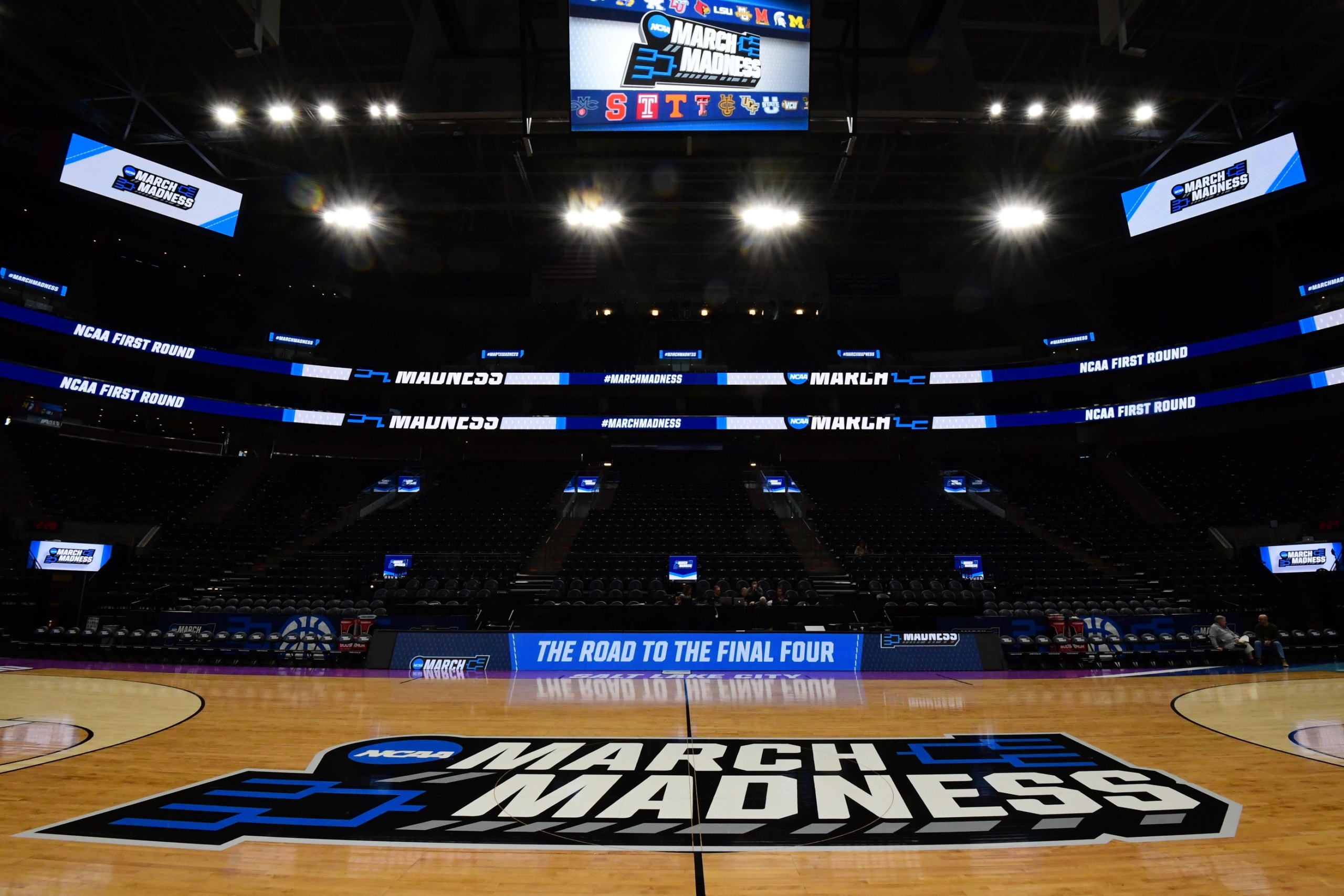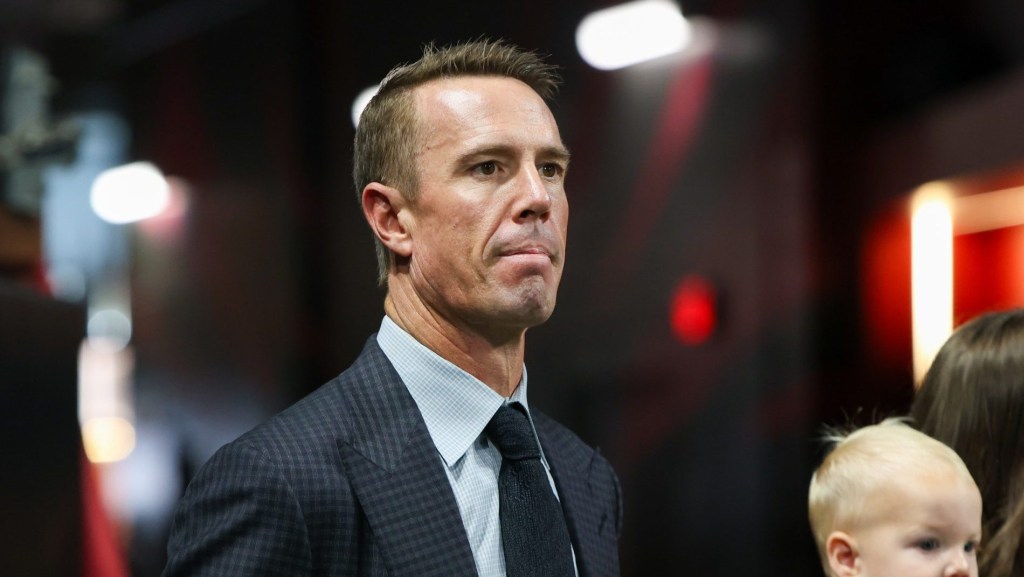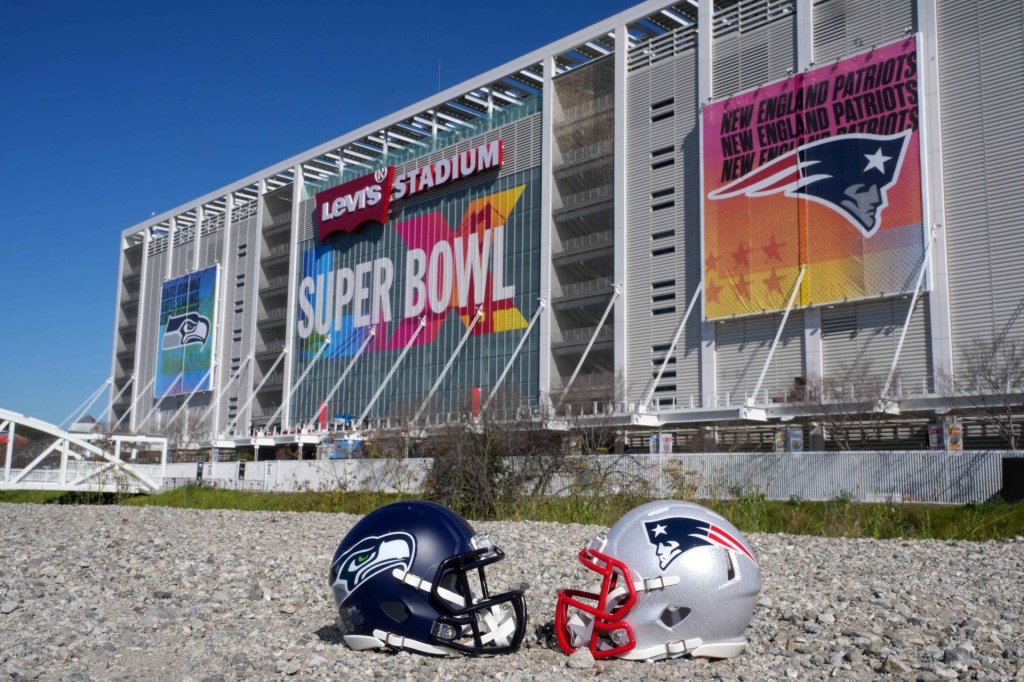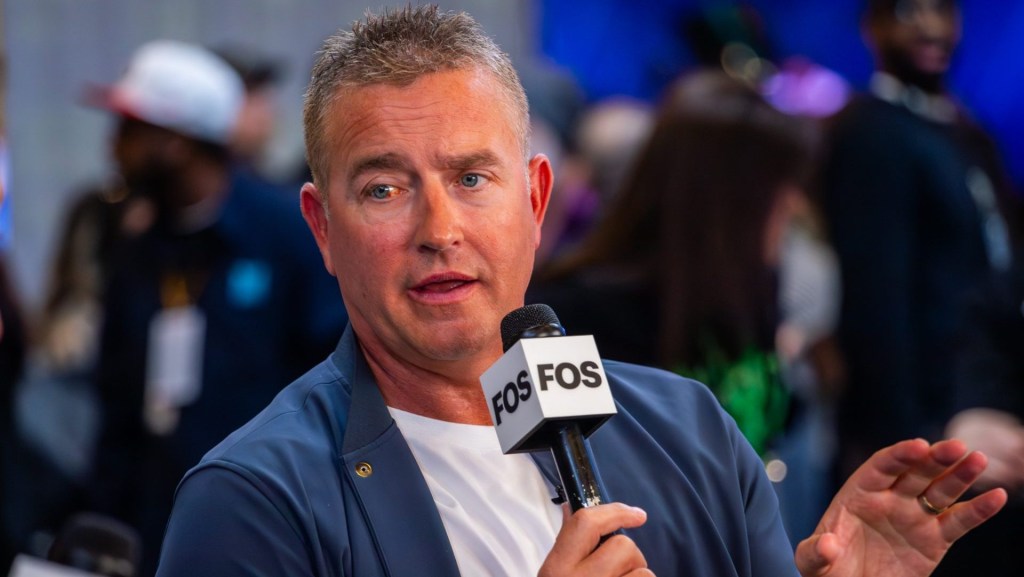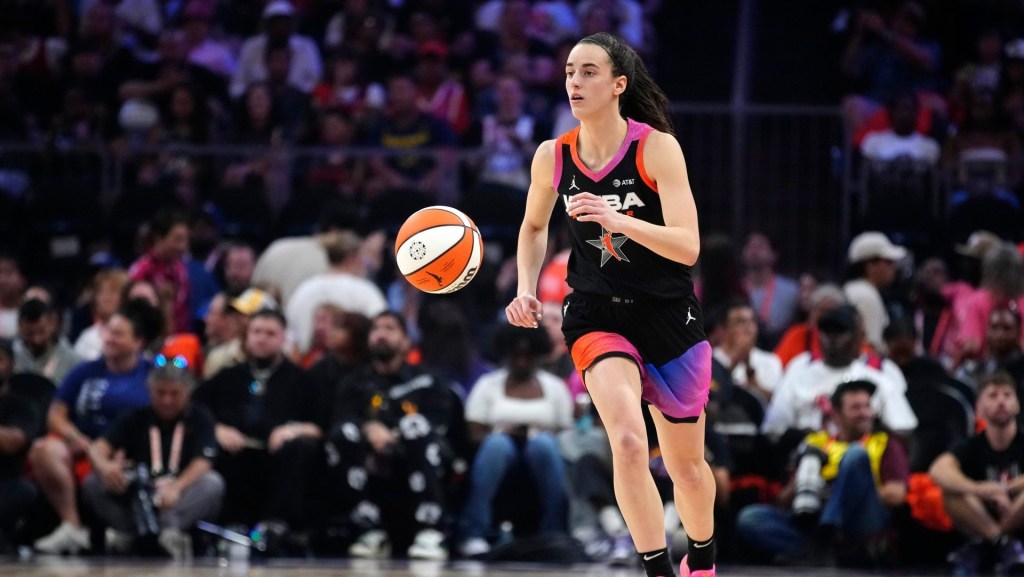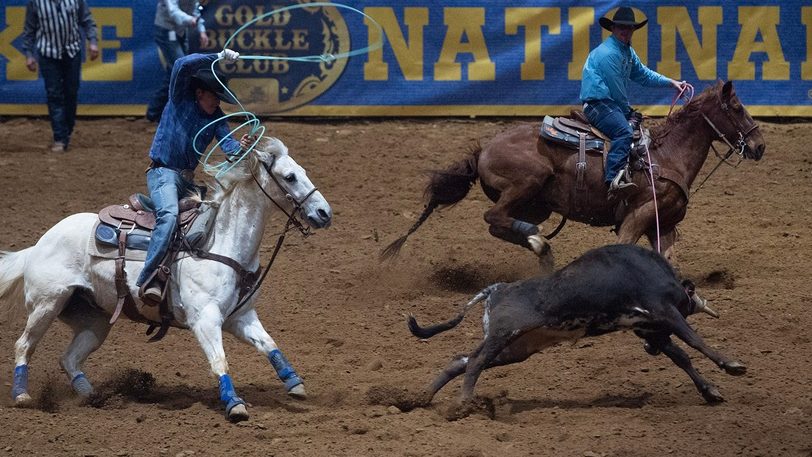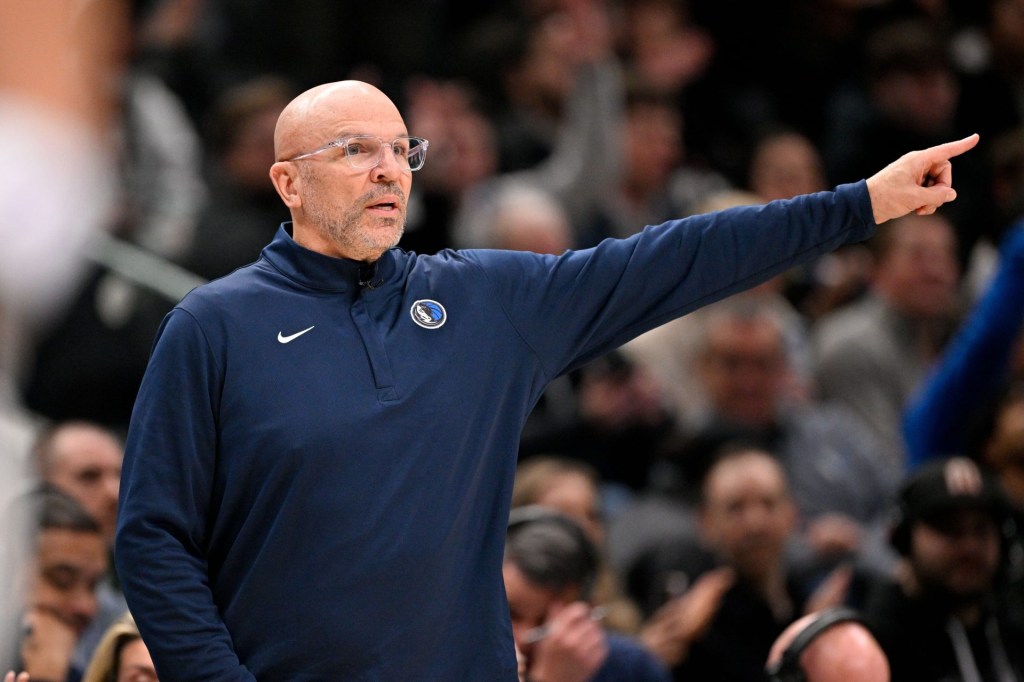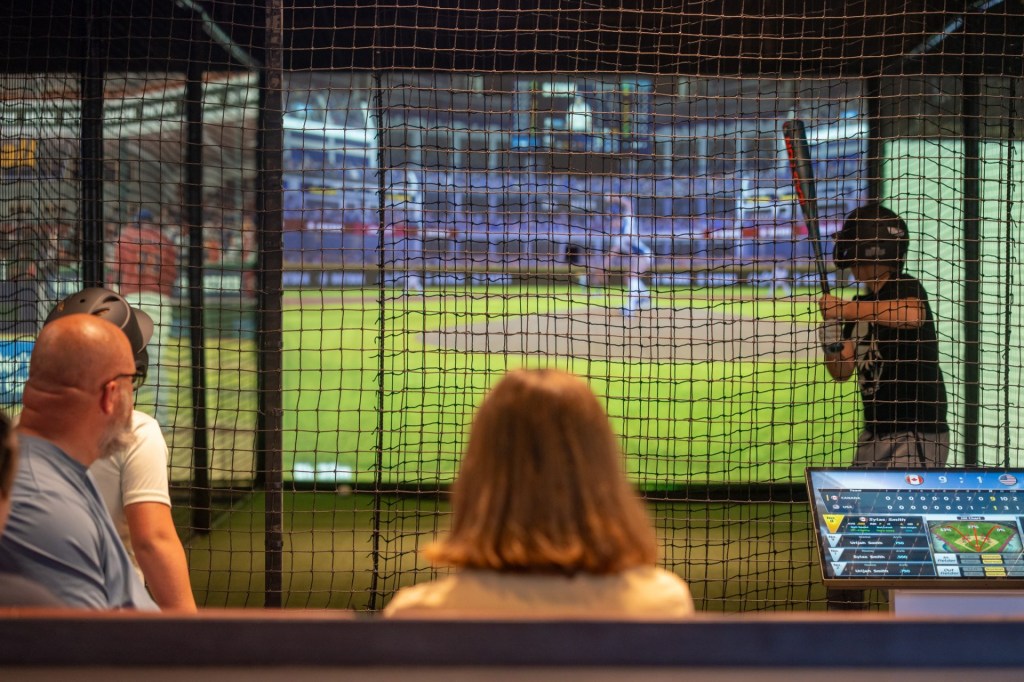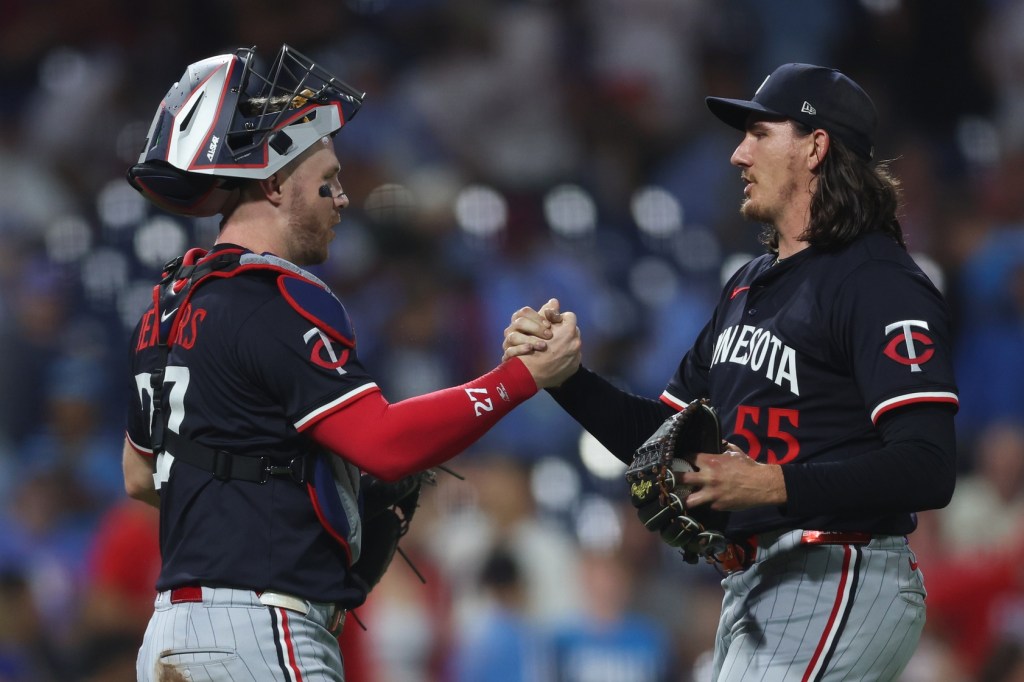Insurance companies have already paid out hundreds of millions of dollars for canceled sporting events as a result of the pandemic — and the biggest event in global sports remains a potential liability.
The Tokyo Olympics are on hold until next year, for now, as the insurance industry has already seen nine-figure claims over the cancellations of Wimbledon and March Madness.
There are several other events that could result in millions more in claims as most existing policies did not likely include communicable disease exceptions, industry sources told Front Office Sports.
“Without a doubt, this has already completely changed the landscape for this class of insurance,” said Steven Perlini of Massachusetts-based WISE Risk Inc. “The losses aren’t something we’ve ever seen before. It’s really mind boggling.”
Few insurance companies have broken down how much event-cancellation policies that cover sporting events, concerts and conferences have cost them so far in 2020. Liberty Mutual stated in its quarterly report released on Aug. 5 it “incurred losses for COVID-19 amounted to $529 million in the quarter, with roughly half of these losses related to event cancellation.”
Event cancellation insurance typically covers the following: inclement weather, civil unrest, terrorism, communicable disease, war, national mourning and active shooters. Policies are typically underwritten by major insurance companies that tend to be based outside the U.S.
While sports make up a large chunk of the losses, the wider entertainment industry — especially Broadway — has also been paid out for contingency policies. Such policies include event-cancellation and hole-in-one prize coverage.
The insurance companies that offer coverage are typically well-capitalized and aren’t in danger of insolvency as result of the payouts, but some providers have exited the event cancellation category in recent months, Perlini said.
Industry insiders interviewed by Front Office Sports said only 9/11 shook the industry in a similar manner to the pandemic.
“No one ever thought terrorism would need to be covered in event-cancellation polices in the U.S. before 9/11,” Perlini said. “Every carrier made terrorism in exclusion in policies after that and it was that case for a while before the federal government required there be coverage offered [for terrorism]. The further we got away from 9/11, the more lax providers became with terrorism.”
There was another coronavirus, SARS-CoV-1 nearly two decades ago, that led to event-cancellation insurance payouts for events, mostly in Asia and Canada. The swine flu, or H1N1, and Zika also had some insurance companies seek communicable disease exceptions, but, like terrorism, getting a policy that covered became easier to access.
Ascend Insurance Managing Director Paul Bassman said “pandemic” and “COVID-19” will be excluded from coverage on any policies or be very expensive add-ons for the foreseeable future.
“It’s going to be very expensive or impossible to add coronavirus and pandemic coverage for a very long time,” Bassman said.
According to two industry insiders, sports organizers can typically get event-cancellation coverage before the pandemic for around 1-2% of expected revenues and expenses for an event. The NCAA had multiple policies that totaled $270 million in claims, roughly a third of what March Madness generates annually.
Wimbledon, which paid about $2 million per year for insurance for nearly two decades, was able to recoup more than $100 million when the tennis major was canceled.
“We are pleased that our insurance policy has allowed us to recognize the impact of the cancellation on the players and that we are now in a position to offer this payment as a reward for the hard work they have invested in building their ranking to a point where they would have gained direct entry into The Championships 2020,” Richard Lewis, chief executive of The All England Lawn Tennis Club said in a July statement.
Rates for major sports event organizers will likely pay around 10% for premiums and the amount of coverage dollar-wise won’t be nearly as much as pre-pandemic policies, according to multiple industry insiders. While the pandemic continues, those within the industry don’t expect any major sporting events to be covered until the pandemic is in its last throes.
It’s not clear how many North American events hold coverage, although industry insiders said the World Series, NBA Finals, Stanley Cup Final, MLS Finals, and major college football title and bowl games are likely covered under pre-pandemic policies. Insurance companies and those they insure are hesitant to discuss the topic.
“ESPN Events continues to evaluate the next steps for our owned and operated events as conferences make decisions on their seasons,” ESPN Events, which owns 17 bowl games, said in a statement to Front Office Sports.
Before the pandemic, event cancellation was thought to be for a localized event where the organizer would be most likely to move a major sporting event to another venue before contemplating actually using the policy.
“You tend to think of hurricanes and earthquakes,” Perlini said. “You can’t move anywhere in a pandemic because it’s worldwide.”
